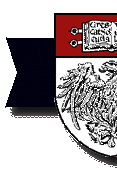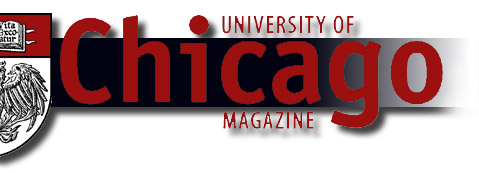 |

James Hormel,
JD'58, appointed ambassador to Luxembourg
With his partner, former wife, and five children looking on, James
Hormel, JD’58, former dean of students at the Law School, was
sworn in as U.S. ambassador to Luxembourg by Secretary of State
Madeleine Albright on June 29. His appointment makes him the first
openly gay ambassador in U.S. history.
President Bill Clinton first nominated Hormel to the Luxembourg
post in October 1997. Later that year, the Senate Foreign Relations
Committee approved the nomination by a 16-2 vote. The Senate itself,
however, never voted on the nomination—mainly because of Hormel’s
sexual orientation. For nearly two years, Senate Majority Leader
Trent Lott (R-Mississippi) stalled the vote, following assertions
that Hormel was anti-Catholic.
“I was concerned that allegations were being made to which
I could not respond,” says Hormel, noting that ambassadorial
nominees are not allowed to address the media. “If anybody
had wanted to bring those charges to the attention of the whole
Senate [while debating his nomination for the post], they could
have done so. There was no reason to delay voting.” Had the
Senate been allowed to vote, Hormel believes, his nomination would
have been confirmed.
But Hormel’s concern wasn’t only for himself. He worried
that, during the delay, the U.S. would not be appropriately represented
in Luxembourg. “It’s unfortunate whenever our embassies
aren’t filled,” he explains. “It sends a negative
signal about our concerns for the embassy and for our relations
with the particular country.”
Finally, to break the impasse, Clinton took advantage of a provision
in the Constitution that allows the president to make appointments
during a congressional recess and appointed Hormel during the Senate’s
ten-day Memorial Day break. On September 8, Hormel—who can
serve in his position through 2000—presented his credentials
to the Luxembourg government and began making courtesy calls to
Luxembourg officials. As ambassador, Hormel says, his duties will
include promoting commerce and presenting policy positions on many
issues, including those relating to NATO and the European Union.
(Luxembourg is a founding member of both organizations.) He also
will seek to maintain the “warm and special friendship”
the U.S. has with Luxembourg—a legacy, he says, of WWII, when
the U.S. twice liberated the small nation.
Hormel comes to the ambassadorship with plenty of leadership experience
in the academic, civic, and political arenas. As a dean at the Law
School from 1961 to 1967, Hormel helped the school increase its
racial and gender diversity. Describing the 1960s as a “troubling
time when people of conscience sought political solutions,”
Hormel says he became active in politics because of his concern
about the U.S.’s involvement in Vietnam. Later, his concerns
broadened to human-rights issues, focusing on discrimination because
of sexual orientation. In 1980, he helped found the Human Rights
Campaign, the nation’s largest gay and lesbian political organization.
In 1984, he served on the host committee for the San Francisco
Democratic National Convention. He was a member of the U.S. delegation
to the 51st UN Human Rights Commission in 1995, and in 1996, Bill
Clinton appointed him an alternate U.S. representative to the 51st
United Nations General Assembly.—Q.J.
|



